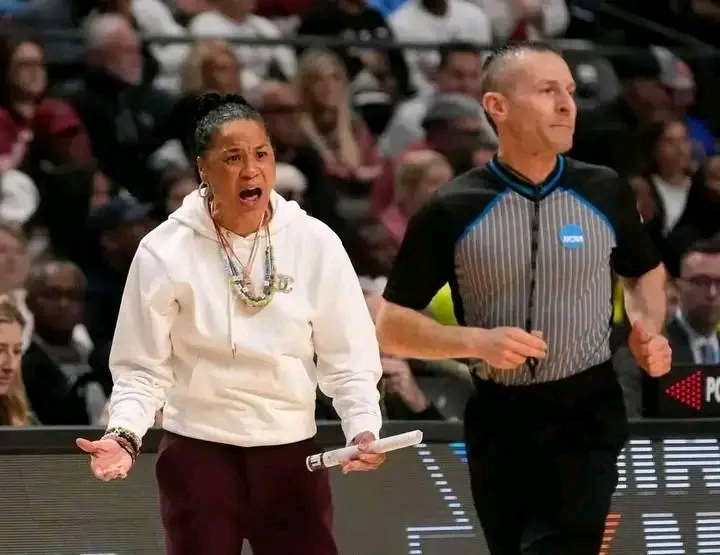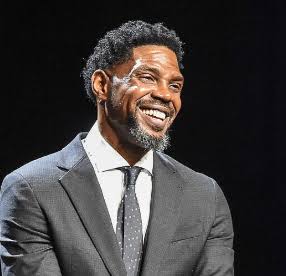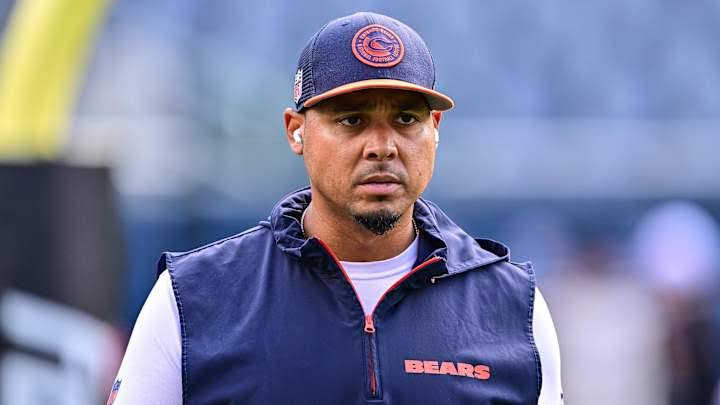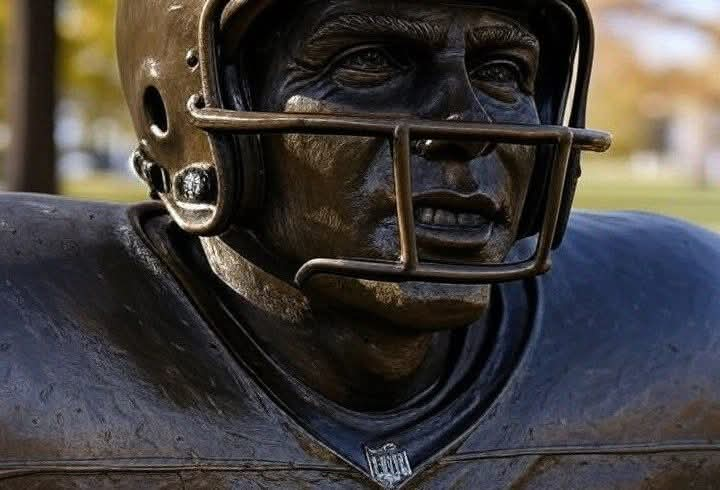The National Collegiate Athletic Association for Women (NCAAW) has taken a firm stance on sportsmanship and professional conduct by imposing a penalty on South Carolina head coach Dawn Staley. This decision underscores the organization’s commitment to upholding a high standard of behavior, particularly among high-profile coaches who play a significant role in shaping the culture of the sport. While intense emotions and passionate displays are common in high-stakes matchups, the governing body has made it clear that there is a limit to what is considered acceptable.
The fine issued to Staley serves a dual purpose—it is both a disciplinary action and a cautionary measure meant to reinforce the expectation that coaches must set a positive example for their players, staff, and the broader basketball community. The NCAAW’s decision sends a strong message that while competitiveness is encouraged, it should not come at the expense of professionalism and decorum on the sidelines.
Staley, who is widely regarded as one of the most accomplished and respected coaches in women’s college basketball, has not publicly commented on the fine or the warning. However, the incident has reignited discussions about the immense pressure coaches face in critical moments of a game. The responsibilities of a head coach extend beyond strategizing and motivating players—they also serve as public figures who must navigate the fine line between expressing passion and maintaining composure. Many in the basketball world have debated whether the penalty was warranted or if it reflects an increasing trend of heightened scrutiny on coaching behavior.
Despite the controversy, South Carolina’s women’s basketball program remains one of the most dominant forces in the sport. Under Staley’s leadership, the team has consistently performed at an elite level, securing championships and developing top-tier talent. It is unlikely that this incident will have a lasting impact on the program’s success, but it does bring attention to the evolving standards for coach conduct and the growing emphasis on accountability.
As the NCAAW continues to enforce its code of conduct, the issue of coaching behavior is likely to remain a topic of conversation. With the rise of social media and increased media coverage of every aspect of the game, coaches now operate under a microscope, where every action and reaction can be dissected. The question remains: how should governing bodies balance the need for discipline with the reality that high-stakes competition often elicits strong emotional responses?
For now, the fine serves as a reminder that even the most successful and celebrated figures in the sport are not exempt from the expectations set by the league. Whether this leads to broader changes in coaching culture or remains an isolated incident, the NCAAW has made its position clear—sportsmanship and professionalism must always take precedence, regardless of the intensity of the game.



